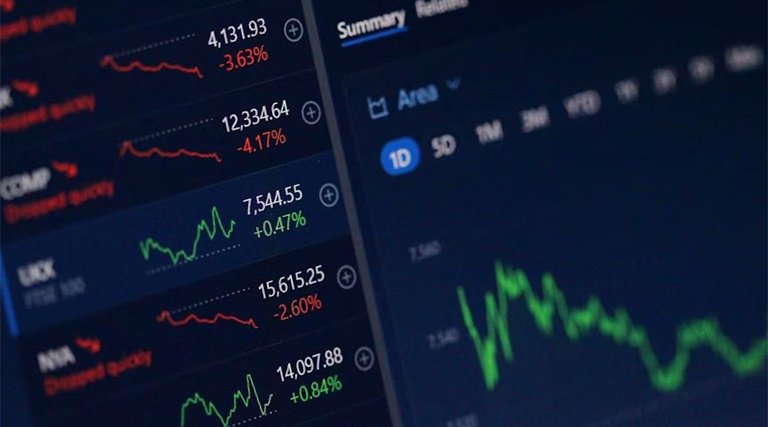Here are the major regulatory changes that forex brokers (and traders) need to keep up with in 2025. These affect how brokers operate, how traders must comply, and what protections are available.
ASIC Tightens Adviser Oversight (Australia)
In Australia, the Australian Securities & Investments Commission (ASIC) is enforcing stricter oversight over its FX/CFD brokers who provide financial advice. All “relevant providers” (financial advisers) must meet prescribed qualification standards by January 1, 2026.
Brokers must ensure the Financial Advisers Register (FAR) is accurate, including qualifications, completed courses, and eligibility under the “experienced provider” pathway.
Mistakes or false/misleading information may lead to regulatory consequences.
New Reporting Rules Under ASIC’s Derivative Transaction Rules (Australia)
ASIC’s Derivative Transaction Rules (Reporting) 2024 came into effect in March 2025. Key points:
- Trades must be reported with greater precision, using Unique Transaction Identifiers (UTIs) and Unique Product Identifiers (UPIs). Report formats standardized (ISO-20022 XML).
- The “safe harbour” provision has been removed, meaning traders and brokers are both more responsible for ensuring reporting accuracy.
- From October 2025, these rules will expand to include “nexus derivatives”, which brings offshore/cross-border derivatives into scope if they have a significant connection to Australia.
Increased Transparency & Disclosures (Globally)
Many jurisdictions are requiring forex brokers to provide more transparent disclosure of fees, trading conditions, conflicts of interest, etc.
- Brokers are investing in more robust reporting systems to ensure all trading terms are clear.
- Enhanced customer due diligence and stricter AML/KYC rules are being enforced in many regions.
Basel IV Implementation & Impact on Liquidity (Banks & Brokers)
Basel IV (the finalisation of Basel III reforms) is expected to reshape how financial institutions (banks) calculate risk, hold capital, and manage liquidity.
- Tighter risk-weighted asset (RWA) rules, stronger liquidity coverage and overall more rigorous frameworks will impact brokers indirectly (especially those relying on bank counter-parties or liquidity providers).
- Could lead to increased costs for brokers, tighter spreads, or more conservative margin/leverage policies in some cases.
Cross-Border Regulation & Harmonization Efforts
Regulators in different countries are cooperating more closely to prevent regulatory arbitrage (when brokers exploit differences between jurisdictions).
Rules that affect brokers operating in multiple jurisdictions or offering services cross-border are being reviewed/expanded.
Offshore brokers may face more oversight in places where their clients come from.
Enhanced Penalties & Enforcement
In 2025, regulators are stepping up enforcement actions against brokers that mislead clients, don’t comply with AML rules, or violate transparency obligations.
Fines, license suspensions, or other penalties are being used more often to maintain credibility and client safety.
Brokers must ensure their practices are compliant or risk losing reputation and facing costly consequences.
What This Means for Traders & Brokers
- If you’re a trader: you’ll benefit from enhanced protections (better disclosures, safer brokers), but you may also see stricter rules around account verification, higher compliance checks, perhaps fewer ultra-high leverage options in some jurisdictions.
- If you’re a broker: you’ll need to upgrade compliance systems, ensure accurate reporting, maintain records, ensure proper licensing & adviser qualifications, and possibly invest more in transparency & regulatory tech.
Final Thoughts
2025 is shaping up to be a year of real tightening in the forex brokerage industry. The push toward more transparency, tighter qualifications, stricter reporting rules, and global harmonization means safer conditions for traders, but higher regulatory expectations for brokers.
Traders should only choose brokers who are fully compliant in their jurisdiction and always keep an eye on regulatory news. Brokers who adapt early will likely gain trust and a competitive edge.










